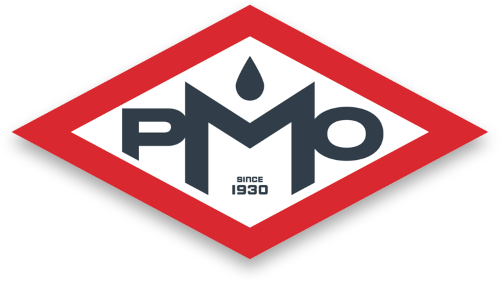Unveiling the Crucial Benefits of Fuel Polishing
In industries reliant on diesel generators, marine vessels, or any equipment powered by stored fuel, maintaining the integrity of that fuel is paramount. Fuel quality can degrade over time due to various factors like water contamination, microbial growth, and particulate matter accumulation. This degradation not only affects the efficiency of engines but can also lead to costly repairs and downtime. In such scenarios, fuel polishing emerges as a savior, offering a range of benefits that ensure optimal performance and longevity of equipment.
What is Fuel Polishing?
Fuel polishing is a comprehensive process designed to remove impurities, contaminants, and water from stored fuel. This technique involves circulating the fuel through a series of filtration and purification systems, effectively restoring it to a pristine condition. Here are some key benefits that highlight the importance of fuel polishing:
1. Enhanced Fuel Quality:
The primary objective of fuel polishing is to improve fuel quality. By eliminating water, sediment, sludge, and microbial growth, fuel polishing ensures that the stored fuel meets industry standards and specifications. This translates to better combustion efficiency, reduced emissions, and extended equipment life.
2. Prevents Equipment Failures:
Contaminated fuel can wreak havoc on engines and fuel systems. Particulate matter can clog filters and injectors, leading to decreased performance and potential breakdowns. Water contamination can cause corrosion and fuel degradation. By regularly polishing the fuel, these risks are significantly mitigated, thereby preventing costly equipment failures and unplanned downtime.
3. Long-Term Cost Savings:
While the initial investment in fuel polishing equipment and services may seem significant, the long-term cost savings far outweigh the upfront expenses. By maintaining clean and quality fuel, businesses can minimize repair and maintenance costs associated with engine failures. Additionally, improved fuel efficiency leads to reduced fuel consumption, further contributing to cost savings over time.
4. Compliance with Regulations:
Many industries are subject to stringent regulations regarding fuel quality and emissions. Failure to comply with these regulations can result in hefty fines and reputational damage. Fuel polishing helps businesses meet and exceed regulatory requirements by ensuring that their stored fuel consistently meets quality standards.
5. Operational Reliability:
Reliable operation is crucial for businesses that rely on continuous power generation or transportation. Clean fuel ensures smooth operation of equipment, minimizing the risk of unexpected shutdowns or interruptions. This reliability is especially critical in sectors such as healthcare, telecommunications, and data centers, where any downtime can have serious consequences.
6. Environmental Sustainability:
Cleaner fuel not only benefits equipment and operations but also has positive environmental implications. Improved combustion efficiency leads to reduced emissions of harmful pollutants, contributing to a cleaner environment and supporting sustainability initiatives.
Conclusion:
In today's industrial landscape, where reliability, efficiency, and compliance are paramount, fuel polishing emerges as a vital solution for maintaining fuel quality and ensuring optimal performance of equipment. From preventing costly breakdowns to promoting environmental sustainability, the benefits of fuel polishing are undeniable. By investing in regular fuel polishing services and equipment, businesses can safeguard their operations, reduce costs, and uphold their commitment to quality and sustainability.
Office Hours:
Mon - Fri: 8:00 am - 5:00 pm • Sat - Sun: Closed •
24-Hour Emergency Service for Commercial Customers
2900 Phoenix Ave,
Jacksonville, FL 32206
